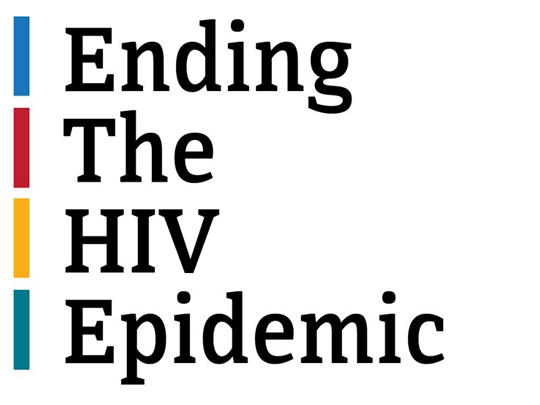You’re In The Right Place
HIV (human immunodeficiency virus) is a virus that attacks the body’s immune system. If HIV is not treated, it can lead to AIDS (acquired immunodeficiency syndrome). There is currently no effective cure. Once people get HIV, they have it for life. But with proper medical care, HIV can be controlled. People with HIV who get effective HIV treatment can live long, healthy lives and protect their partners.
The good news is that you are in the right place and there is help for everyone.
I’m HIV positive – what’s next?
Start HIV Treatment As Soon As Possible After Diagnosis
- Get in care and take medicine to treat HIV (called antiretroviral therapy or ART).
- Taking HIV medicine can reduce the amount of HIV in the blood (called viral load).
- HIV medicine can make the viral load very low (called viral suppression). Viral suppression is defined as having less than 200 copies of HIV per milliliter of blood.
- HIV medicine can make the viral load so low that a test can’t detect it (called an undetectable viral load).
- Getting and keeping an undetectable viral load (or staying virally suppressed) is the best thing you can do to stay healthy. Having an undetectable viral load also prevents transmission to others. In fact, if you have an undetectable viral load, you will not transmit HIV to your sex partner. Most people can get the virus under control within six months.
- Learn more about the benefits of HIV treatment.
Contact Health Services of North Texas to schedule an appointment to discuss your treatment plan.
I’ve been exposed to HIV – what’s next?
Being exposed to HIV (human immunodeficiency virus) means that you’ve had sex with someone who has HIV, you’ve used IV drugs with the same needle as someone who has HIV or you have had a blood transfusion with blood that has HIV. You have a number of options available to you to get tested and to learn what your next steps are.
Contact Health Services of North Texas to talk with a medical professional and get started.
I’m HIV symptomatic and unsure – what’s next?
The only way to know your HIV status is to get tested. Knowing your status gives you powerful information to keep you and your partner healthy.
CDC recommends everyone between the ages of 13 and 64 get tested for HIV at least once.
People with certain risk factors should get tested more often. You should get tested multiple times a year if:
- You’re a man who has had sex with another man.
- You’ve had anal or vaginal sex with someone who has HIV.
- You’ve had more than one sex partner since your last HIV test.
- You’ve shared needles, syringes, or other drug injection equipment (for example, cookers).
- You’ve exchanged sex for drugs or money.
- You’ve been diagnosed with or treated for another sexually transmitted disease.
- You’ve been diagnosed with or treated for hepatitis or tuberculosis (TB).
Again, the only way to be sure of your HIV status is to get tested. Contact us today to schedule an appointment.

Have You Seen Our Outreach Efforts?
You may have seen our table ads in the community. You can download them here:

